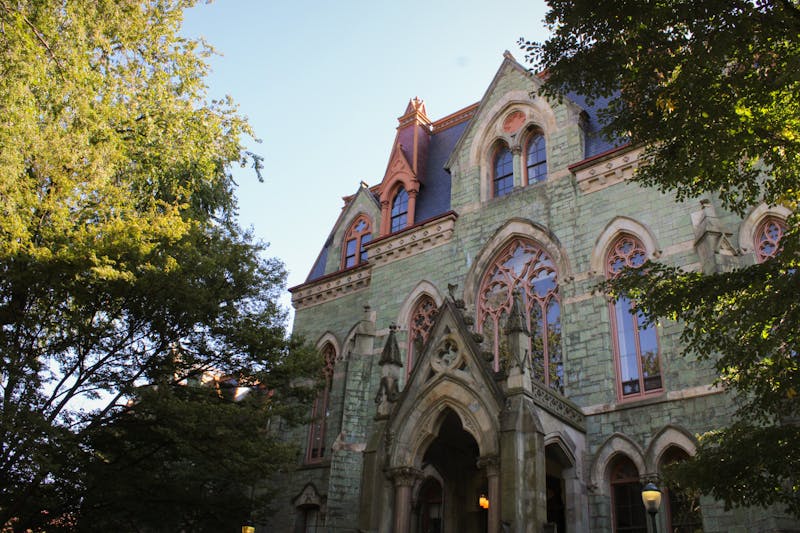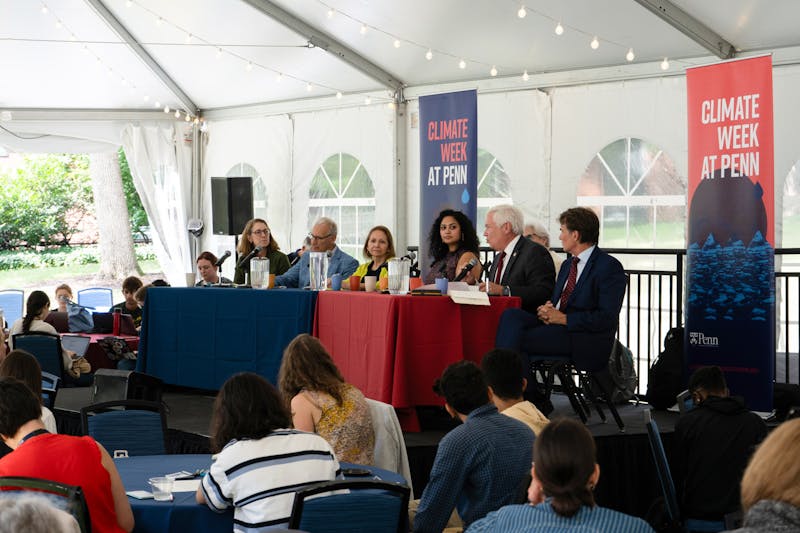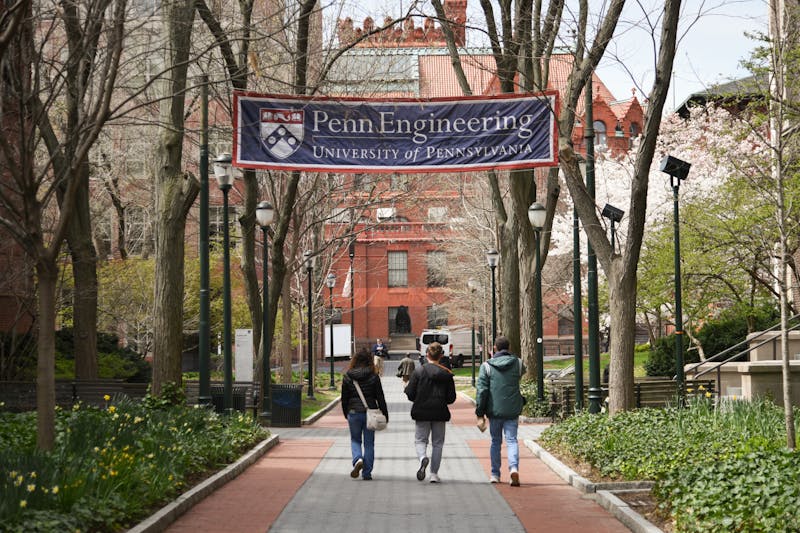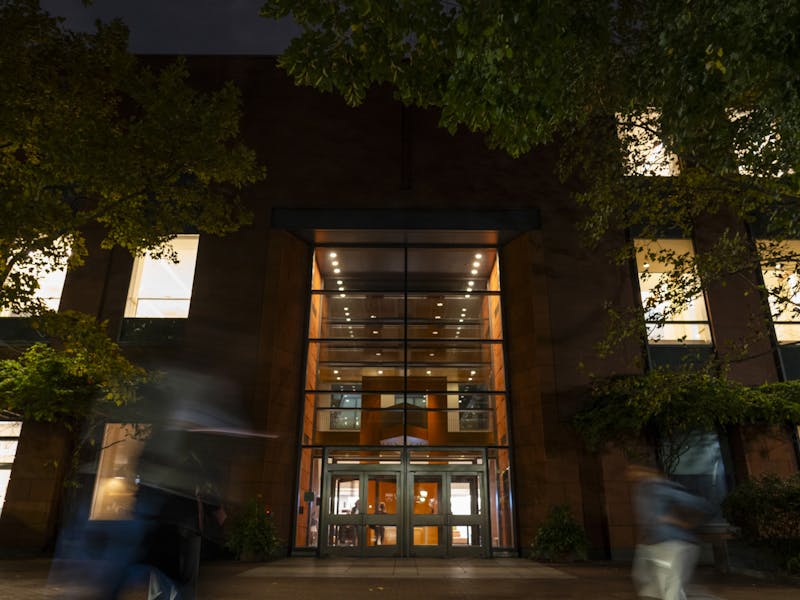
Penn announced the establishment of the Penn AI Council to lead and coordinate the University's AI community.
The council — which is led by five senior faculty members — will provide strategic input, coordinate multidisciplinary research, and develop new AI-related initiatives. The announcement wrote that the council's establishment is "a major step" in implementing "In Principle and In Practice," Penn's strategic framework.
The inaugural council members are Wharton Vice Dean of AI and Analytics Eric Bradlow, Annenberg Professor of Physics and Astronomy Bhuvnesh Jain, the Edward Rose, M.D. and Elizabeth Kirk Rose, M.D. Professor and Vice Dean of Artificial Intelligence and Computing at the Perelman School of Medicine Marylyn Ritchie, Rachleff University Professor René Vidal, and Stevens University Professor and Penn Integrates Knowledge University Professor Duncan Watts.
Bradlow and Jain told The Daily Pennsylvanian that the Council aims to unite Penn's AI initiatives.
“What will make our impact even greater is all of Penn’s assets around AI working together to have an impact on research, education, business, and society,” Bradlow said.
The Council's agenda includes organizing university-wide symposiums, establishing faculty reading groups, developing student programming, and investing in large-scale computing infrastructure. The initiative also involves the launch of a comprehensive website that will operate as a hub for related activities across campus.
Jain emphasized the importance of preparing students for life after college, where he said that "AI is touching more areas than we imagined even a couple of years ago." He added that the question of how to best equip students drives the Council’s educational initiatives, which aim to position Penn students as leaders in scientific discovery, social impact, and AI development.
“I’m most interested in the research side — how AI can help us drive scientific discovery and the possibilities for Penn students to jump into research with the help of AI," Jain said. "I think it is really timely and I think it’s great that Penn is aiming to do big things starting with the strengths we have distributed across our schools and departments.”
The Daily Pennsylvanian is an independent, student-run newspaper. Please consider making a donation to support the coverage that shapes the University. Your generosity ensures a future of strong journalism at Penn.
Donate












